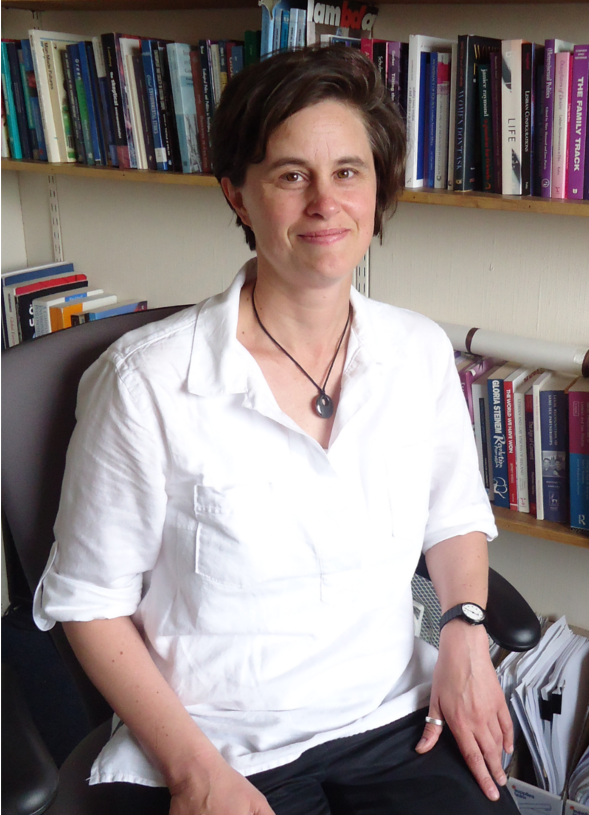
In 2001, the Dutch parliament legalized same-sex marriages, making the Netherlands the first country worldwide to open marriage to same-sex couples. But what does it take for a country to become a global pioneer in advancing LGBT rights? Kelly Kollman argues that high levels of tolerance towards homosexuality in Dutch society and public support for the reform are only part of the story. Analysing the process leading up to the Dutch parliament’s vote on legalizing same-sex marriage, she shows how “the desire of Dutch activists and policy élites to burnish their international reputation as a social policy pioneer played a critical role in motivating the government to adopt this controversial policy”. Read her article “Pioneering marriage for same-sex couples in the Netherlands” published in the Journal of European Public Policy to learn how the European LGBT policy community facilitated the diffusion of same-sex unions policies and encouraged Dutch policy-makers to experiment with new forms of same-sex relationship recognition.

